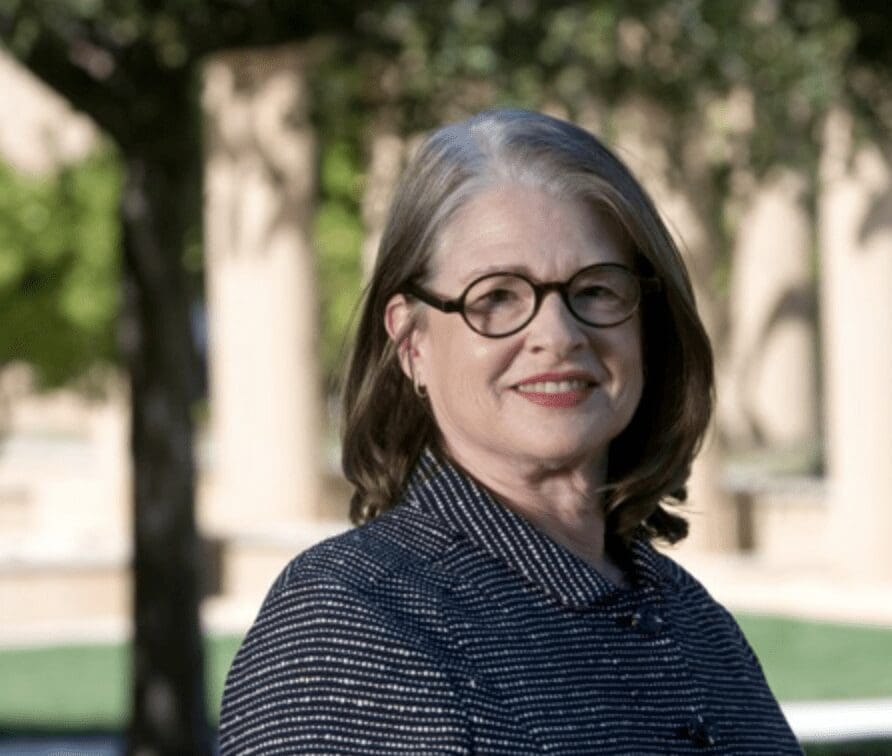Search Posts
Recent Posts
- Writer Herb Weiss’ 45 years of Advocacy on Aging now Archived at Rhode Island College Library Special Collection June 23, 2025
- Providence Biopharma, Ocean Biomedical, Notified of Termination of License Agreements with Brown University, RI Hospital June 23, 2025
- Networking Pick of the Week: Early Birds at the East Bay Chamber, Warren, RI June 23, 2025
- Business Monday: Dealing with Black and White Thinking – Mary T. O’Sullivan June 23, 2025
- Rhode Island Weather for June 23, 2025 – Jack Donnelly June 23, 2025
Categories
Subscribe!
Thanks for subscribing! Please check your email for further instructions.

URI lecture “Longevity and the New Map of Life” – virtual opportunity
Annual Thewlis Lecture on Gerontology by Stanford University Psychology Professor and longevity expert, Laura Carsetenen, to focus on how to rethink life stages as more Americans live longer
In the United States, as many as half of today’s 5-year-olds can expect to live to the age of 100, and this once unattainable milestone may become the norm for newborns by 2050. While increasing longevity may be a welcome goal, it also presents several challenges in a society largely unprepared for a growing population of centenarians.
Such is the topic of the 2023 Malford Thewlis Lecture on Gerontology and Geriatrics. Featuring Stanford University Psychology Professor Laura Carstensen, this year’s annual lecture, “Longevity and the New Map of Life,” will be delivered virtually on Monday, April 3 at 7 p.m. The lecture is free but attendees are asked to register ahead of the event here: https://web.uri.edu/rigec/2023thewlis/.
As life expectancy continues to increase, many challenges stem from a mismatch between living
longer and the norms and institutions that guide us through life. The social institutions, norms, and policies that await these future centenarians evolved when lives were only half as long and now need updating.
“There are expected roles in society for different stages of life,” said URI Professor of Gerontology Phillip Clark, director of the URI program in gerontology and the Rhode Island Geriatric Education Center. “For example, people feel by the time they reach 60 or 70, it’s time to retire and start slowing down. That’s not necessary. We can change those expectations for societal roles throughout the lifespan.”
For this year’s Thewlis Lecture, Carstensen will explore the implications of the New Map of Life, which aims to rethink the life course in the context of individual, familial, social, economic, political and educational dimensions. She will challenge attendees to change their thinking about life stages and roles at all ages and provide a vision about what life can be like in a future that embraces aging and the longevity revolution. The result can be a life that gives individuals more flexible options and timing for education, having a family, caregiving and work.
“We can meet challenges that longevity creates if we act now,” Clark said. “The key thing is to create a new map of life in a way people can relate to. How long we live and how well we live are heavily influenced by societal norms and expectations. Let’s rethink those expectations and make the most of this life.”
URI established the Malford Thewlis Lecture on Gerontology and Geriatrics in 2006 to help raise awareness, enhance knowledge, and stimulate discussion about issues related to aging, longevity and health care for older adults. Dr. Thewlis, a former resident of Wakefield, was a pioneer in the field of geriatric medicine and co-founder of the American Geriatrics Society in 1942.
Carstensen is the Fairleigh S. Dickinson Jr. Professor in Public Policy and founding director of the Stanford Center on Longevity. Her research program includes theoretical and empirical study of motivational and emotional changes that occur with age and the influence such changes have on cognitive processing. She is an elected member of the National Academy of Medicine and has served on the MacArthur Foundation’s Research Network on an Aging Society and the National Advisory Council on Aging to the National Institute on Aging.
___
